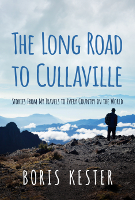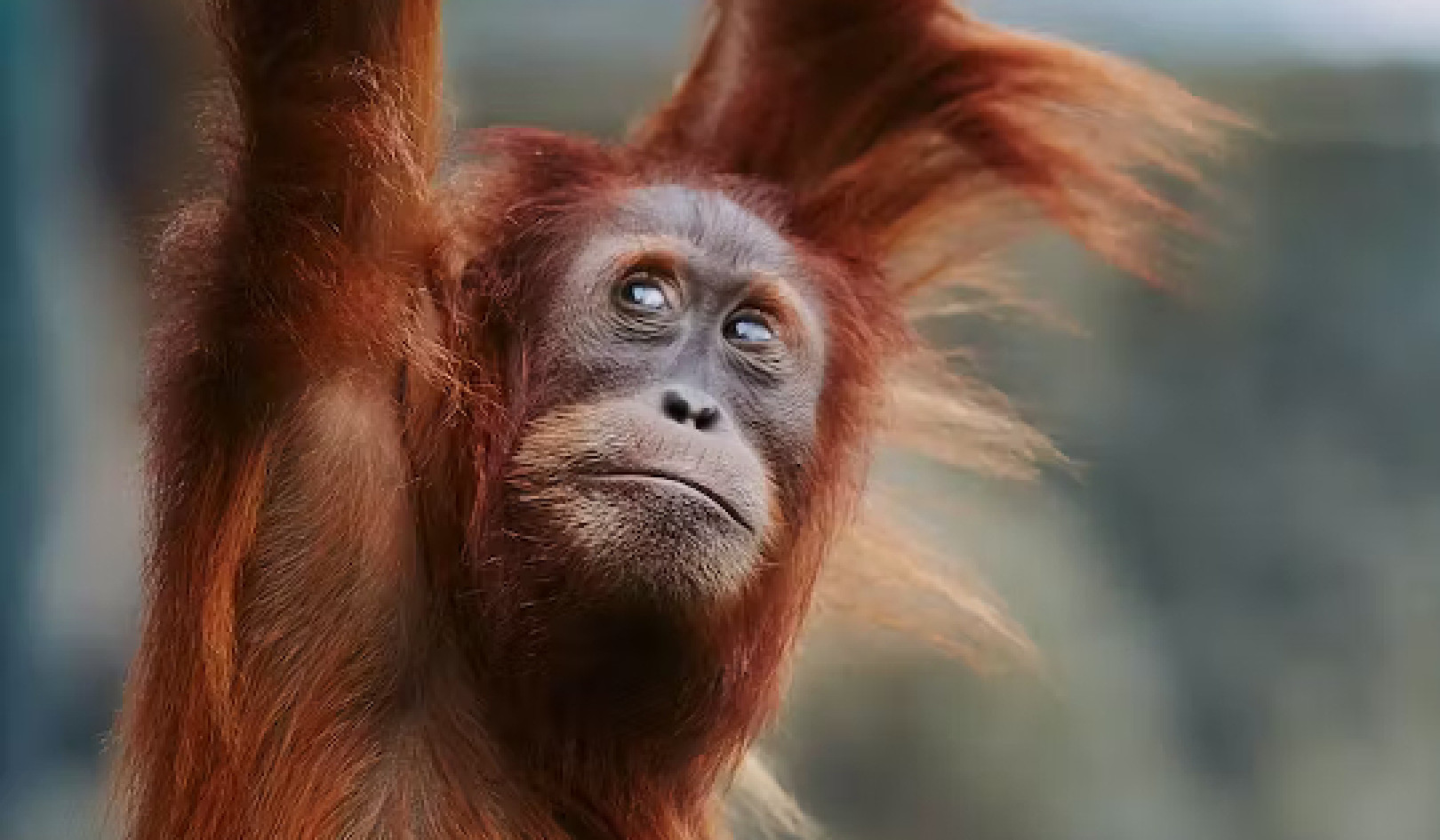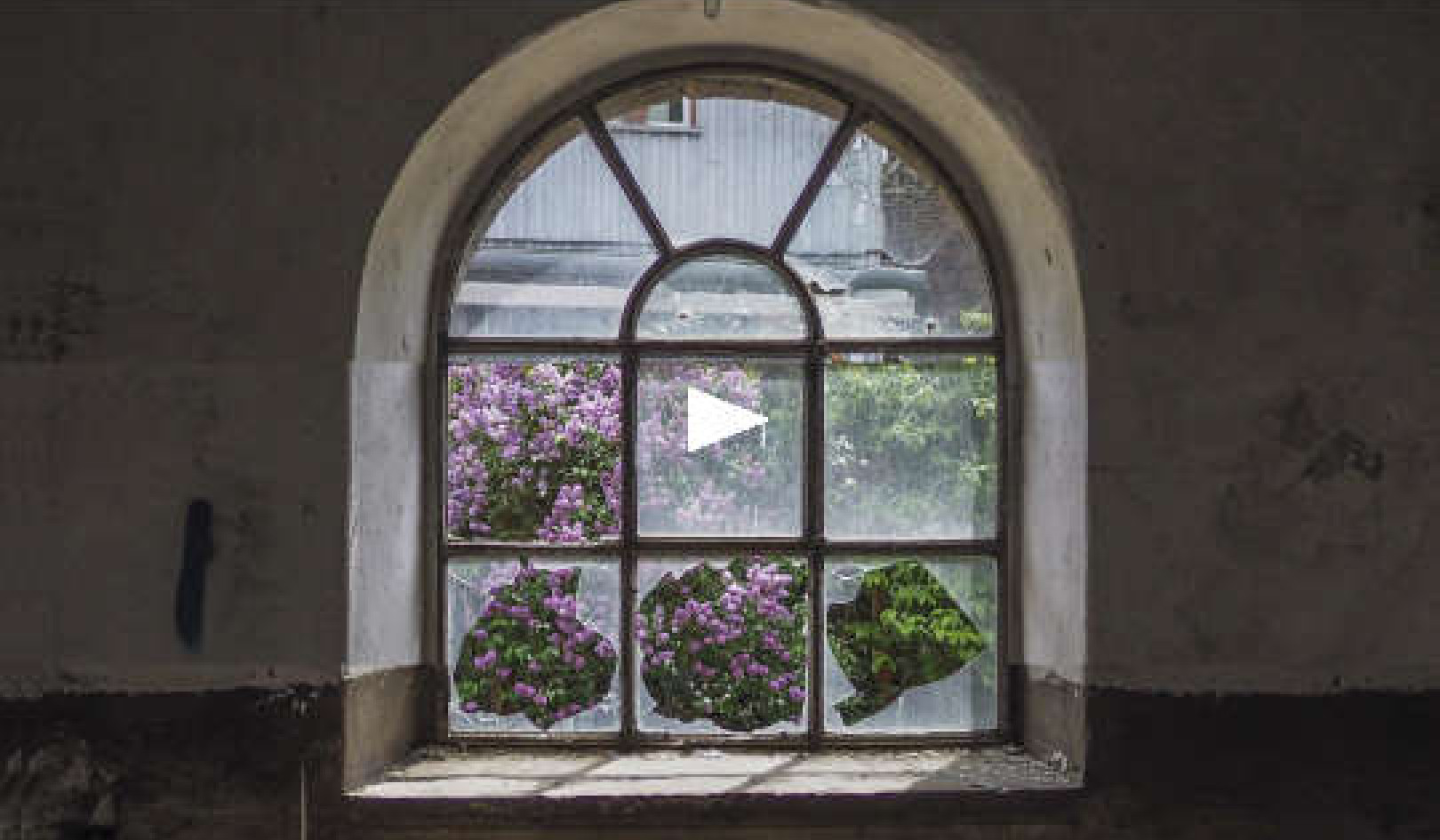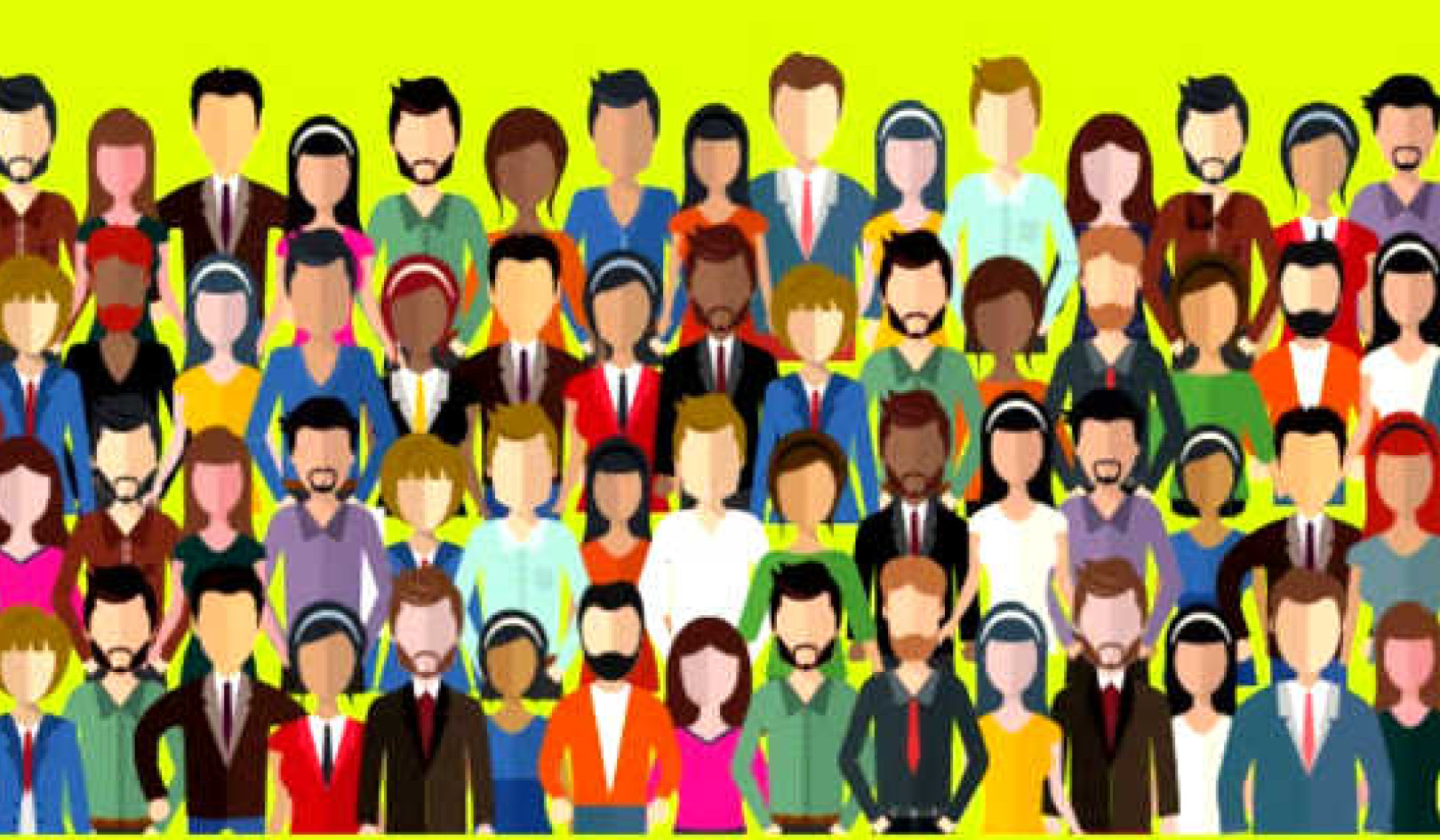Image from Pixabay
Narrated by Marie T. Russell
While I am definitely keen on visiting sites when I travel, the dimension that I like most is the human one. I just cannot get enough of meeting people from a different background, country or continent: Seeing their traditions. Seeing how they live. Listening to their language. Listening to their views on life. Their view of the future. Trying to discover things we have in common. In short, connecting with people I meet on the way.
It all happened naturally, but I realize that over the years, the people I met during my travels taught me much more about life and the world than I learned at school.
For me, the best way to achieve these connections and realizations is to travel independently (without guides), and to walk or use public transportation. Even though almost invariably slower than hiring private transportation, I believe it gives me the best picture of local life. It is a shortcut to getting in touch with people; I just find out where that bus leaves from, how much the fare is, where I should get off.
One-on-One Connections
Once I’m on the way, it is almost inevitable to start talking to people around me. Of course, it helps to speak a common language. If not, I use gestures, a language guidebook, or an instant translator on the phone (which doesn’t work flawlessly yet, BTW).
Over the years and in all countries of the world, I have met many thousands of people. Some were short encounters, like dealing with a ticket seller while buying a bus ticket or a shop owner where I bought a bottle of water. Some were lengthy discussions about family, our different lives, or even the world. Oftentimes, these talks gave me surprising insights, made me rethink things I took for granted, made me understand how much we are all shaped by our background, and how valuable it is to listen to each other, instead of searching for confirmations of our stereotypes.
Here are eight things I learned about humanity on my travels that I would like to share.
1. We Are All the Same
Despite the huge differences between, say, a tribesman in Papua, New Guinea, a salesman in Manhattan, or an African lady selling oranges on the street, deep down they share common values. They all want to make sure they have something to eat at the end of the day. They all want the best for their children. They want to be healthy. They all have a sense of community, purpose, and traditions they follow.
2. People are Good
Of course, I’ve had my share of people who tried to steal money, who attacked me, who tried to con me, who harassed me, or who even tried to lock me up. And indeed, some of those incidents later became great stories to tell others or write about in my book.
But taking a step back, and looking at the greater picture, these people are far, far outnumbered by those who helped me out, who gave me shelter, who protected me, and who generously received me.
3. People are Afraid of the Unknown
In my native language, Dutch, we have a saying “What the farmer doesn’t know, he doesn’t eat”. I find this has a universal value. People are often afraid of the unknown, the strange, the different. Even within the same country.
It happened to me countless times that someone would warn me not to go to the next town, claiming people there were crooks who would surely rob me, try to deceive me, and could not be trusted. While people are often proud of their own community, city, or country, they often see those outside those circles as bad people.
4. People are Protective of Others
By far most people try to protect visitors and want you to be safe. It was especially obvious when I traveled in “dangerous countries,” that people felt responsible for me, advised me where not go to, walked with me to make sure I was OK, and instructed me about what to do and what not to. It has been heartwarming how people made extra efforts to make me feel safe in their country.
5. People Share (Especially Poor Ones)
I have met people from all walks of life. I have often experienced hospitality that made me feel welcome.
Looking back, I can say that the poorer the people, the more generous they were--people sharing the very few things they had, just to make sure that I got the best possible welcome. Often, when I realized how little these people possessed, their hospitality touched me deeply.
6. People Can Be Cruel to Animals
Anywhere I traveled, I saw people being cruel to animals. I have seen people kick dogs, throw cats around, torture animals, use them for entertainment. Sometimes for some kind of weird “fun,” sometimes to make money.
It is these moments that make me very sad and wonder why humans seem to feel so superior to animals, that they believe it is OK to abuse them. Unfortunately, this can be seen anywhere around the world. In “developed” countries, where animals are kept in abysmal situations and killed as if they were a mere product, this cruelty might be less visible - but it is still there. I hope one day people will learn to finally treat animals with the dignity they deserve.
7. People Have Pride in their Home
People are very often proud of their village, town, city, and/or country. They often try to show the best parts, and look for confirmation that they live in the most beautiful place on earth. In fact, I met people who looked at me with compassion when I told them about my travels. They then said they didn’t need to travel, because they already lived in the most beautiful place on the planet.
8. People are Resilient
I have been to places where people lived in extreme poverty, where people lived in (civil) war, where people lived in inhospitable places (extreme climate, isolated, etc). Time and again, I was surprised by how they dealt with their lives, how they adapted, and how they made the best of it.
Where I often had tears in my eyes because of the dire situation they lived in, they often faced their adverse realities with dignity, and worked hard to make the best of it. I feel a deep admiration for them.
Copyright 2023. All Rights Reserved.
Published with permission of the author.
Book by this Author:
BOOK:The Long Road to Cullaville
The Long Road to Cullaville: Stories from my travels to every country in the world
by Boris Kester. Get ready to dive into an unforgettable journey with Boris Kester's riveting book, "The Long Road to Cullaville." Join Boris on his audacious mission to visit every country in the world and experience the astounding beauty, captivating cultures, and memorable adventures that await in some of the most exciting places on our planet.
Get ready to dive into an unforgettable journey with Boris Kester's riveting book, "The Long Road to Cullaville." Join Boris on his audacious mission to visit every country in the world and experience the astounding beauty, captivating cultures, and memorable adventures that await in some of the most exciting places on our planet.
Perfect for both seasoned globetrotters and armchair travelers, "The Long Road to Cullaville" will inspire wanderlust and curiosity in everyone. Whether you're dreaming of visiting every country in the world or simply yearning for a taste of the unknown, this book will undoubtedly change the way you see our world.
For more info and/or to order this book, click here. Also available as a Kindle edition.
About the Author
 Boris Kester is an author, fearless adventurer, senior purser, polyglot, avid sportsman, programmer, and political scientist. He is one of about 250 people worldwide to have travelled to every country in the world. According to the authoritative travel site nomadmania.com, Boris ranks among the best traveled people on the planet.
Boris Kester is an author, fearless adventurer, senior purser, polyglot, avid sportsman, programmer, and political scientist. He is one of about 250 people worldwide to have travelled to every country in the world. According to the authoritative travel site nomadmania.com, Boris ranks among the best traveled people on the planet.
He is the author of The Long Road to Cullaville, Stories from my travels to every country in the world. He shares his travel photos and stories on traveladventures.org. Learn more at boriskester.com.























